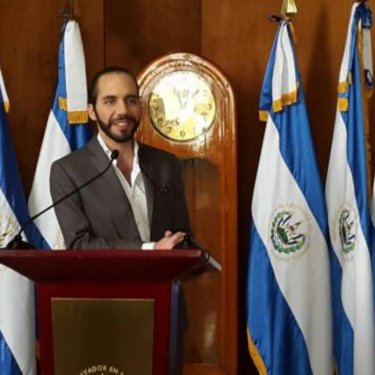Salvadorean authorities must not obstruct coronavirus coverage

After a series of press freedom violations in El Salvador, Reporters Without Borders (RSF) calls on the Salvadorean authorities to display more transparency and to allow journalists to do their job of covering the coronavirus pandemic.
In a lockdown decree signed by President Nayib Bukele on 30 March, the authorities refused to include journalists in the list of exempted professions. It was only after pressure from media organizations and civil society that the government backed down and issued a new decree on 2 April allowing reporters to move about freely in order to cover the public health crisis.
But Salvadorean human rights organizations and the Association of Salvadorean Journalists (APES) have reported many press freedom violations in recent weeks, including seizure and destruction of journalistic material by the police, denial of access to public spaces and a lack of transparent access to state-held information.
On 2 April, special human rights prosecutor José Apolonio Tobar issued a statement condemning cases of police destroying journalists’ equipment, presidential aides refusing to answer questions about the coronavirus at press conferences, and a ban on interviews with officials about the coronavirus.
“Under no circumstances can the coronavirus crisis be used as a pretext for obstructing journalists’ work,” said Emmanuel Colombié, the head of RSF’s Latin America desk. “The Salvadorean authorities must ensure that reporters are free to operate at a time when the media’s work and transparency are more necessary and vital for society than ever.”
Salvadorean journalists and media outlets have also reported being unable to get information from health professionals about difficulties in the provision of protective equipment or reliable figures for confirmed coronavirus cases and deaths.
El Salvador is ranked 81st out of 180 countries in RSF’s 2019 World Press Freedom Index.



